What questions should I ask departing employees in an exit interview?
- Jun 20, 2024
- 4 min read

Does your company often utilize exit interviews for employees that are departing? Exit interviews are sometimes overlooked, but they are crucial sources of information for future improvements to an organization. According to research conducted by the Harvard Business Review, 87% of mid-size companies make exit interview programs mandatory. This is the same for 77% of large companies and 66% of small ones.
When done correctly, exit interviews can provide valuable insights that help enhance employee retention, improve company culture, and boost overall performance. By learning any information about why an employee decided to leave, action can be taken to improve certain aspects of the business so that it is less likely to happen again. Keep reading to learn more about effectively conducting exit interviews and some of the questions that employers should consider asking departing employees.
What are the objectives of an exit interview?
An exit interview is a meeting that takes place between a departing employee and a representative from the organization, typically someone from the Human Resources (HR) department. The primary purpose of this interview is to gather feedback on the employee's experience with the company, understand the reasons behind their decision to leave, and gain insights that can help improve the organization’s culture, policies, and practices. Some key objectives include:
Understanding the reason(s) for departure in order to address possible underlying company issues
Collecting honest feedback and learning what can be improved upon within the business’ operations
Maintaining positive relations by listening to the employee’s perspectives and leaving a good, lasting impression
What are some best practices for exit interviews?
In order to gain the full potential of exit interviews, consider utilizing the following practices when preparing and conducting the interview:
Decide when you want to schedule the interview: There is no correct time for scheduling exit interviews. If you choose to conduct it while the employee is still working their job, the information may be more fresh in their minds that they may be open to sharing. If you choose their last day or a time after they’ve left, it might be a more casual atmosphere, giving the employee more space to share their thoughts.
Ensure confidentiality: Sometimes, employees are hesitant to share feedback if they are unsure of the confidentiality of the conversation. Always assure departing employees that their feedback will be kept confidential and used constructively.
Listen and express support: Make sure the employee knows that you are actively listening to and valuing their feedback. Express your support for the new phase in their journey and let them know that their contributions to the company were appreciated.
Act on the feedback: Demonstrate that the company values the feedback by taking concrete actions based on the insights gathered. Look for any trends in feedback from different employees to make necessary changes to company practices or operations.
Don’t pressure participation: There may be some employees who do not wish to participate in an exit interview. It is important not to pressure them to do so, as it likely won’t provide any productive outcomes for the company or the employee. If they decide to do the interview, let them know that they do not need to answer any questions that they do not want to.
What questions should be asked during the interview?
Conducting an effective exit interview requires asking the right questions to gather valuable insights from departing employees. Here are some essential questions to ask:
1. Why have you decided to leave the company?
Understand the main reason(s) behind the employee’s departure.
2. What did you enjoy about your job?
Identify positive aspects of the job and work environment; factors that should remain the same within the position.
3. What did you enjoy least about your job?
Identify areas of improvement to prepare for future employees.
4. What do you think the company is doing well?
These are aspects to continue in the business.
5. What do you think the company can improve upon?
Essential insights for ways to improve the company overall. Focus on these areas when implementing feedback.
6. How would you describe the workplace culture?
Learn the employee’s perspectives of the company culture; it may differ from the management perspective.
7. What are your thoughts on your direct manager or the department you worked in?
Assess the quality of the employee’s relationship with their immediate supervisor.
8. Are there any changes you would make to orientation or training programs?
Learn about how effective the company’s new hire programs are and if there should be any updates.
9. What advice would you give to the individual hired into your previous position?
This helps identify any additional problem areas to improve upon for the next employee.
10. Is there anything else you would like to share about your experience?
Provide an opportunity for the employee to share additional thoughts or feedback.
An exit interview is a vital tool for organizations aiming to understand the reasons behind employee departures and gather valuable feedback for continuous improvement. When conducted effectively, exit interviews provide insights that can help improve employee satisfaction, reduce turnover, and foster a positive work environment. By listening to and acting on the feedback from departing employees, companies can create a more engaging, supportive, and productive workplace for their current and future staff.
Sources:





Comments